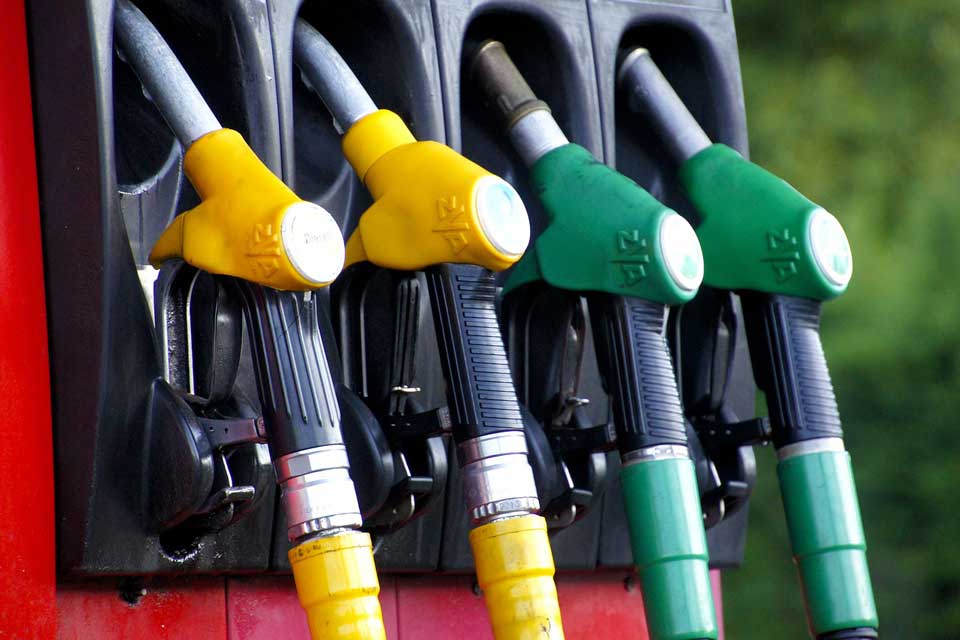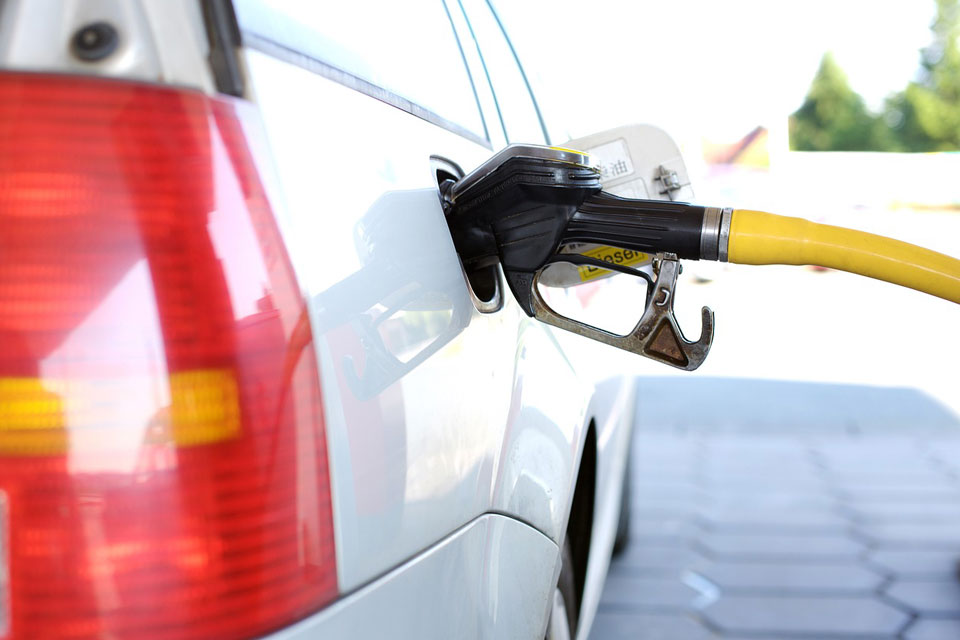Hydrogen car school lesson packs downloaded 10,000 times

A set of teaching resources focusing on hydrogen and fuel cell car technology delivered by Arval UK and launched earlier this year has now been downloaded more than 10,000 times. Developed in partnership with the Hydrogen Hub project of which Arval is a member, the education pack supports the Chemistry element of Triple Science for GCSE […]
Future fleet fuel mix in flux

Fleets of the future will use an increasingly diverse range of fuels – but there remains a mixed picture for diesel company cars despite new technology that is making them more environmentally friendly. That’s according to new research from Arval, which asked fleet managers how the availability of new diesel vehicles with equal NOx and […]
Fleets should keep sight of petrol and diesel ‘basics’

Fleets need to ensure that they keep on top of petrol and diesel management basics as focus in the industry turns to a more diverse fuel mix. That’s the view of Arval, which believes that while fleets should – and will – adopt large numbers of plug-in cars and vans of all kinds during the […]

